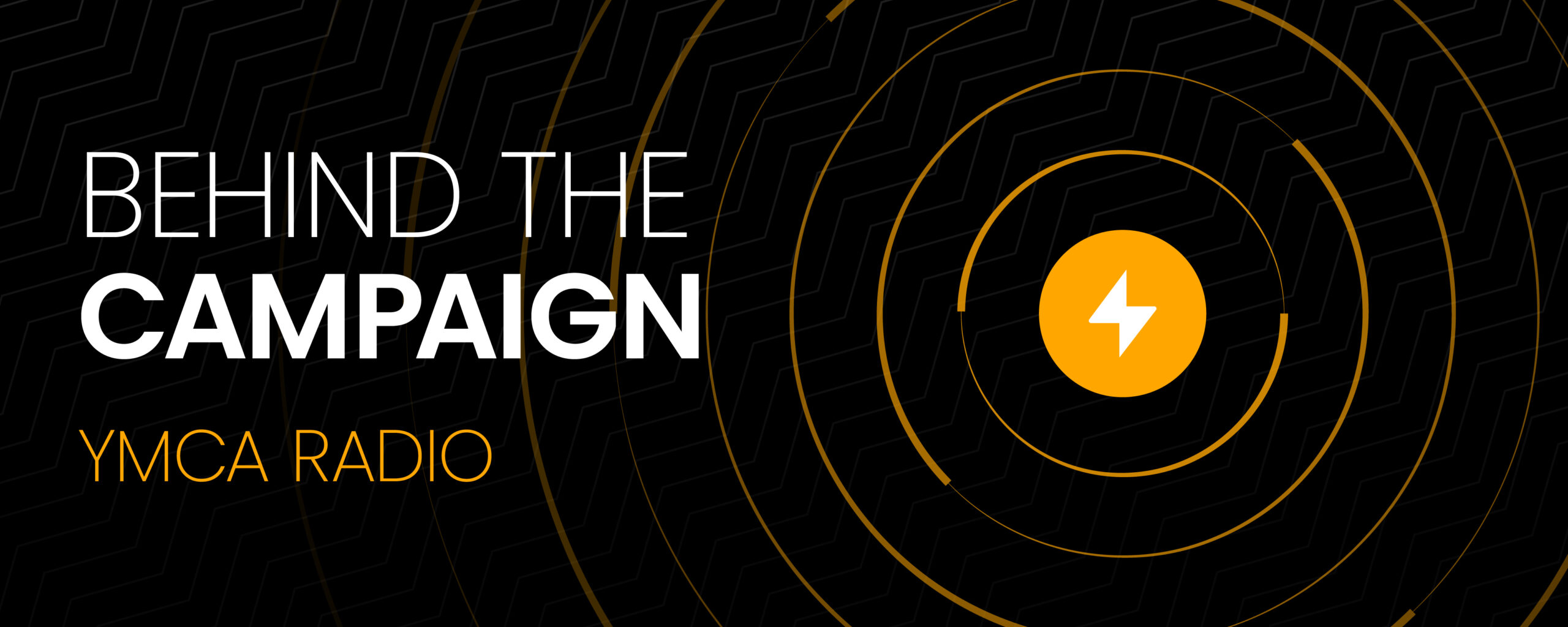Behind the Campaign: YMCA Radio
In our ongoing work with YMCA of the North, this year we rolled out a radio campaign with six different spots to promote their membership drive, leaning into the painfully human comedy of making and committing to fitness goals.
The campaign has since received an award from the Radio Mercury Awards for “Local Market Broadcast Radio Commercial,” along with four other award nominations. Preston Spire was the only Minnesota agency to win the prestigious award, and tied with one other agency in America for the most nominations among agencies.
The campaign also scored three gold awards and three silver awards from the international Muse Creative Awards, including awards for “Radio Ad,” “Radio Ad Campaign” and “Radio Series.”
We sat down with Preston Spire Creative Director Charlie Tournat and Associate Creative Director Aylâ Larsen to learn more about the inspiration behind the campaign and what they love about creating for radio.

What do you love about creating radio spots?
Aylâ: Radio is the most visual medium. You tap into listeners’ imaginations which is instant and infinite. If I say to imagine a purple rhino with a top hat riding a unicycle, you just did. We didn’t have to spend weeks mocking it up and getting it just right. 99% of radio ads are terrible, because people underestimate what you can do with them. I like to think of radio as the underdog of the advertising industry—when they’re actually good, they surprise people.
How do you go about creating a radio campaign?
Charlie: First and foremost, find the truth. Like all comedy, if you can find the unspoken truth and get people nodding along, you win.
In “Pillow Talk” the YMCA wanted to promote their fitness coaches. And fitness coaches are great because without one, you’re more likely to sleep in and skip your workout. The human truth here is that little conversation we all have with ourselves when getting up in the morning for a workout. The idea was to take that little voice and make a bad guy out of it. In this case, it was a serenading pillow.
What were the challenges you faced during the creative process?
Charlie: After creating the pillow and a perfectly fitting title, “Pillow Talk,” we needed a voice for the pillow. What does it sound like?
Personally, I’ve always had love for the band Boyz II Men, especially the guy with the really deep voice that breaks down all the feelings in the middle of songs. He convinces women that he’s always there for them. That he loves them. That they should stay. What a perfect idea for the voice of our pillow! The challenge was, can we make a track similar to Boyz II Men that has the same power? Can we create that same vibe? Luckily, the talented music house Echo Boys was there to deliver.
“Pillow Talk”
“Mirror”
“Mirror Again”
How do you present the script and sell radio creative to clients?
Aylâ: I’m very theatrical when it comes to presenting radio spots. You have to be! You’ll catch me putting on the different voices, acting out the sound effects, singing the background music, you name it. I want the client to know what they’re in for, so I will act it out as close as I can to the final result. It has the added benefit of making the clients laugh or smile. And what’s better than that!
What do you think about today’s radio spots—if you could give tips to brands about producing radio spots, what would you advise?
Charlie: Unfortunately, you’re not going to hear a lot of great stuff on the actual radio, because most of them sound…like ads. My advice would be the same as other advertising mediums. People don’t want to be sold something. They want to be entertained or at least hear something interesting or compelling that they’ve never considered. If you do that right, maybe then consumers will like you or buy your product.
The campaign brought in Radio Mercury Awards—what does it feel like to be awarded for the work you produced?
Charlie: I’m super humbled and honored to be a part of them. I’ve listened to the winners every year and often turn to them for inspiration when I’m stuck. I’m glad they’re still around and people can appreciate the high level of craft and detail it takes to make radio great.
Aylâ: It’s always nice to know that someone else loved a spot I made, and I am blessed to work with amazing talent people and clients that approve fun stuff. That’s the only way these things get made.
“Cell Phone Lament”
“Jingle Ahh”
“Horse Girl”
